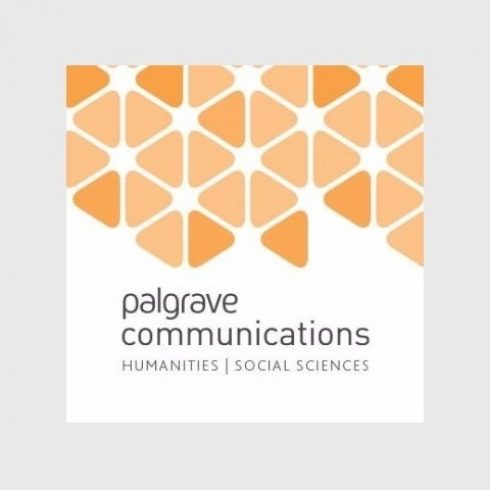Unsettling Antibiosis
How might interdisciplinary researchers generate a feeling for the microbiome and to what effect?
Beth Greenhough, Andrew Dwyer et al
2018

Decades of active public health messaging about the dangers of pathogenic microbes has led to a Western society dominated by an antibiotic worldview; however recent scientific and social interest in the microbiome suggests an emerging counter-current of more probiotic sentiments. Such stirrings are supported by cultural curiosity around the ‘hygiene hypothesis’, or the idea it is possible to be ‘too clean’ and a certain amount of microbial exposure is essential for health. These trends resonate with the ways in which scientists too have adopted a more ‘ecological’ perspective on the microbiome. Advances in sequencing technologies and decreasing costs have allowed researchers to more rapidly explore the abundance and diversity of microbial life. This paper seeks to expand on such probiotic tendencies by proposing an interdisciplinary methodology researchers might use to generate more-than-antibiotic relations between lay participants and their domestic microbiome. The paper draws on findings from an ESRC-funded study, Good Germs, Bad Germs: Mapping microbial life in the kitchen (grant number ES/N006968/1), which sought to: (i) explore human-microbe relations in the domestic kitchen; and (ii) make scientific techniques for visualising the domestic microbiome available to non-expert publics through a form of ‘participatory metagenomics’. We examine how scientific knowledge and techniques are enroled into lay practices of making microbes sensible; how these intersect with, reinforce or disrupt previous feelings for microorganisms; and how new ways of relating with microbial others emerge. In reflecting on these findings we draw on work in animal geographies, environmental humanities and the social science of the microbiome. We examine how cultural, emotional and embodied responses to nonhuman others—their ability to affect ‘us’ humans—have implications for the ways in which public health authorities, researchers and ‘lay’ publics alike seek to engage with and govern nonhuman life. We argue that understanding and potentially generating different modes of relating to microbes—a feeling for the microbiome—offers opportunities for reconfiguring microbiopolitics and intervening into the ways in which publics respond to perceived microbial opportunities and threats.
View Publication > Share
Share






Commentary
The latest commentary on the use of antimicrobials in society.
Anti-biosis? – Social and Cultural Inquiries into Human-Microbe...
Two of us from the AMIS Programme Team (Clare Chandler and Komatra Chuengsatiansup) are acting as associate editors for Palgrave...
Drugs, Bugs and our Precarious Existence
This weekend I had the privilege of engaging with Laura Piddock and Ed Whiting and members of the public at...
‘Notes from the Field’: Wakiso District, Kampala, Uganda
Antibiotics, poultry, and livelihoods: Conjoined Worlds in Medium-Scale Urban Livestock Keeping.